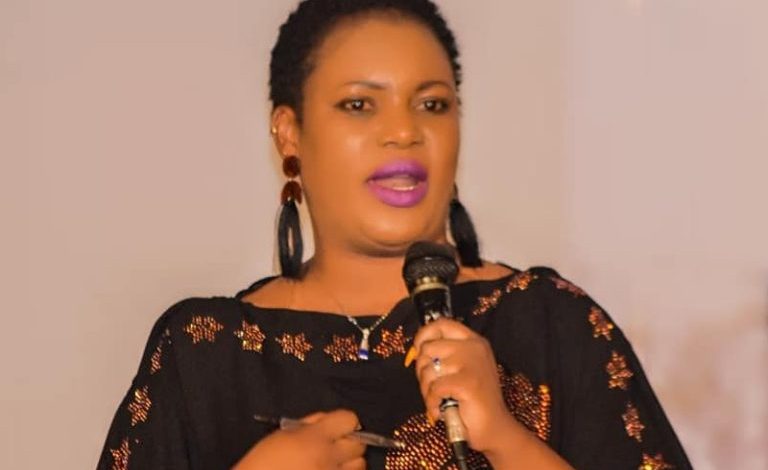
By Agencies
The leader of a women’s rights NGO is challenging the Zimbabwean government’s outlawing of sex toys.
Sitabile Dewa says the ban deprives her of “self-exploration and indulgence in self-sexual gratification”. She says sexual health is an important aspect of a person’s life.
The leader of a Zimbabwe-based NGO, the Women’s Academy for Leadership and Political Excellence (Walpe), is taking that country’s government to court to challenge its ban against the importation and ownership of sex toys.
She says it has deprived her of “self-exploration and indulgence in self-sexual gratification”.
Sitabile Dewa filed court papers last week, saying that she wants “to acquire and use sex toys that are designed to give me sexual gratification”.
Dewa argues that she is well within her rights to own sex toys.
“During the subsistence of my marriage, I would turn to my then husband for sexual gratification. I no longer have this benefit by virtue of having separated from him and in any event, he has entered another marital set-up.
“I am nevertheless young, and still have active sexual desires that require to be satisfied. However, due to my moral and ethical convictions I have made a choice not to engage in extra-marital sexual relations until such a time I find someone to settle down with and establish a family,” she says.
Until then, she needs to use toys, she says.
“In the meantime, I believe I should not be deprived of self-exploration and indulgence in self-sexual gratification. To that end, I want to acquire and use sex toys that are designed to give me sexual gratification.
“In addition, part of my motivation is to avert the risk of contracting sexually transmitted diseases by engaging in casual sex, which in [any] case, is against my moral convictions. The option that I have within the comfort and privacy of my home, is to make use of devices that were invented for personal sexual gratification,” she adds.
She also claims that “given the skewed ratio of men to women, I may not find anyone to marry.”
“This is exacerbated by certain cultural and societal biases and stereotypes against divorcees and single mothers which severely limits my prospects,” she adds.
According to Dewa, sexual health is an important aspect of a person’s life and sex toys play a part that goes beyond sexual gratification.
She says:
Vibrators and other sex-enhancing devices are not only toys but are also therapeutic devices that can be used to attain the highest standards of physical and mental well-being.
Part of her argument is that the illegality of sex toys in the country infringes on her right to freedom of expression because “self-sexual gratification is within the bound of permissible sexual expression as covered by freedom of expression”.
The importation of the toys into the country is prohibited under Section 47(1)(b and c) of the Customs and Excise Act.
These sections prohibit the importation into Zimbabwe of goods which are described as “indecent, obscene or objectionable”, or any goods “which might tend to deprave the morals of the inhabitants, or any class of the inhabitants of Zimbabwe”.
Last year, a woman identified as Ayanda Unity Mponda found herself on the wrong side of the law for allegedly selling sex toys.
Mponda was released on Z$30 000 (about R1 500) bail after the lower courts refused to grant her bail a fortnight before.
She wasn’t the first.
In 2016, the daughter of Zimbabwean tycoon Philip Chiyangwa, Stephanie Chiyangwa, returned home from the UK and sold sex toys.
The matter is yet to be heard in court.
Arms of government cited in the lawsuit, including the home affairs department, Zimbabwe Revenue Authority, Ministry of Finance and Ministry of Justice and Legal Affairs are yet to respond.
|NewZimbabwe.com/ News24.com



